T4K3.news
Intel foundry split urged by former directors
Four ex‑board members push to spin off the Foundry unit with government support, leaving the CEO decision to shareholders.
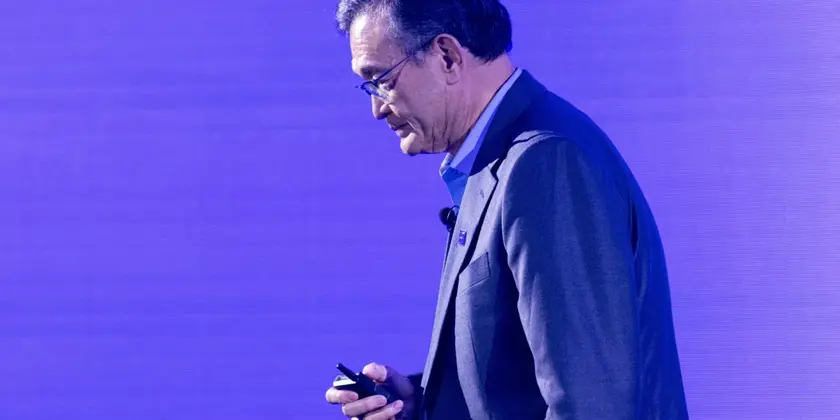
Former Intel directors push for spinning off the Foundry unit with government support, leaving the CEO decision to shareholders.
Intel foundry split urged as board shakeup looms
Four former Intel directors told Fortune they want a dramatic restructuring: spin off the Foundry, Intel’s manufacturing arm, into an independent company with its own leadership. They argue this move would sharpen competitiveness and safeguard national security by creating a domestic chipmaker focused on advanced fabrication for government and commercial customers. The group also suggested directing CHIPS Act funds to the new entity to attract U.S. design work and reduce reliance on foreign fabrication.
The proposal arrives as President Trump publicly criticized Intel chief Lip-Bu Tan, calling him conflicted and pressing for his resignation over alleged ties to Chinese firms. Tan replied with a staff note denying wrongdoing and reaffirming commitment to U.S. security. Intel described its board and leadership as deeply committed to national and economic security interests and highlighted ongoing domestic investments, including a new Arizona fab. A Fortune correction clarified that the former directors want shareholders to decide the CEO’s fate, not force an immediate ouster.
Key Takeaways
"misinformation about his career and past leadership roles"
Tan responding to criticisms of his ties to Chinese firms
"conflicted status and alleged ties to Chinese technology firms"
Trump's public post demanding Tan's resignation
"spin off Intel’s manufacturing arm into an independent company"
Former directors outlining the core proposal
"deeply committed to advancing U.S. national and economic security interests"
Intel's response to criticism
The idea to separate Foundry is a bold governance move that shifts risk and capital, potentially unlocking value but also creating coordination challenges between an independent Foundry and Intel Products. If workable, it could accelerate strategic investment and tighter focus on a domestic supply chain. But it would require clear IP arrangements, regulatory sign‑offs, and a reliable path to government funding, all of which carry their own friction. The plan sits at the crossroads of business strategy and national security policy, which means it will attract political scrutiny and investor nerves regardless of its merits.
If pursued, the split would hinge on a delicate balance between preserving Intel’s legacy R&D culture and building a nimble, market-facing Foundry. The push also exposes how US chip strategy is now entangled with politics, corporate governance, and market confidence. For investors and employees, the outcome could redefine value creation, leadership accountability, and the long arc of American manufacturing in a global tech race.
Highlights
- Split off the Foundry to secure America’s chip supply
- America needs a domestic chip champion
- Shareholders must decide the CEO's fate
- A new company could redraw the semiconductor map
Political and market risk from proposed split
The plan mixes corporate governance with high‑stakes politics and government funding. It could unsettle investors, invite regulatory scrutiny, and prolong leadership uncertainty while reshaping Intel’s culture and R&D strategy.
Observers will watch carefully to see if a split can unite strategy with security in a long, costly road ahead.
Enjoyed this? Let your friends know!
Related News
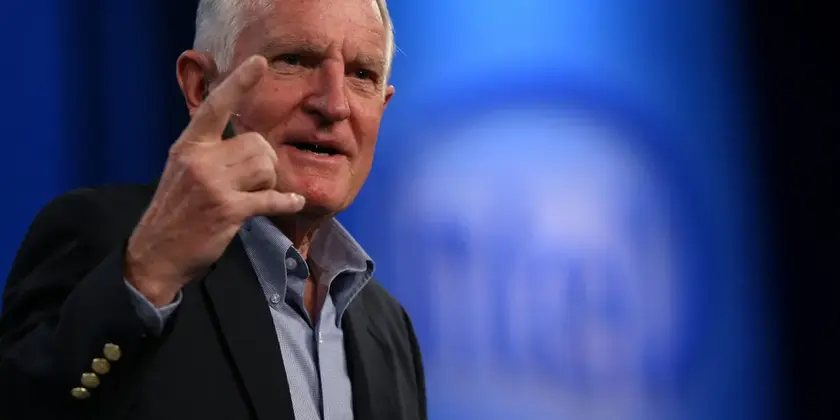
Private investment urged to save Intel lead
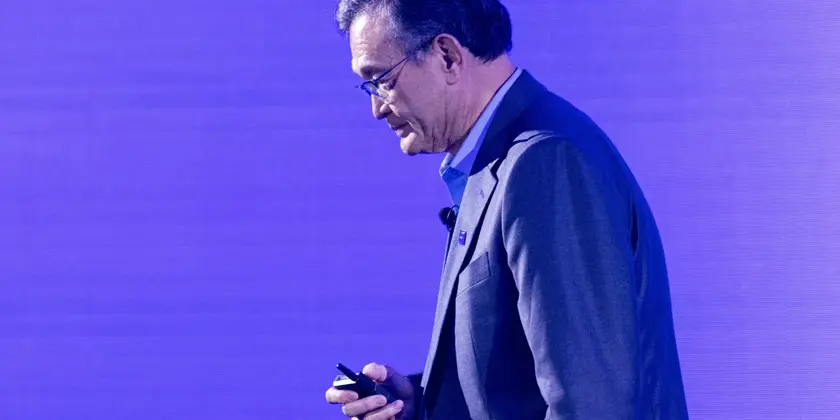
Intel leadership under political pressure
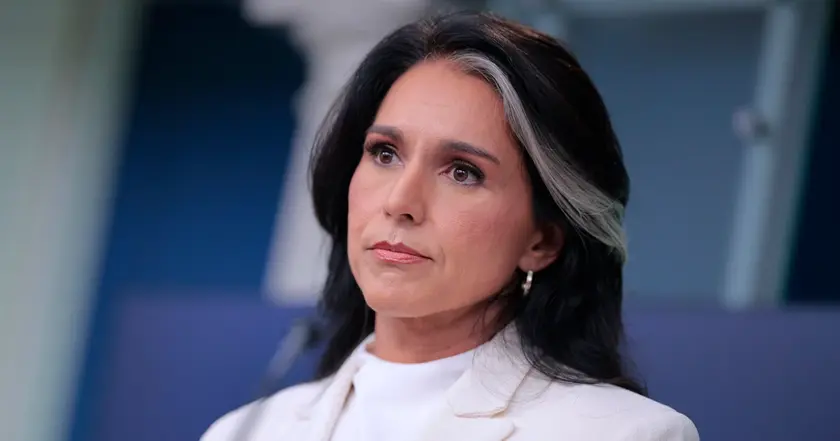
Ex-CIA officer disputes Gabbard on Russian interference

Former Israeli Defense Chiefs Demand End to Gaza War
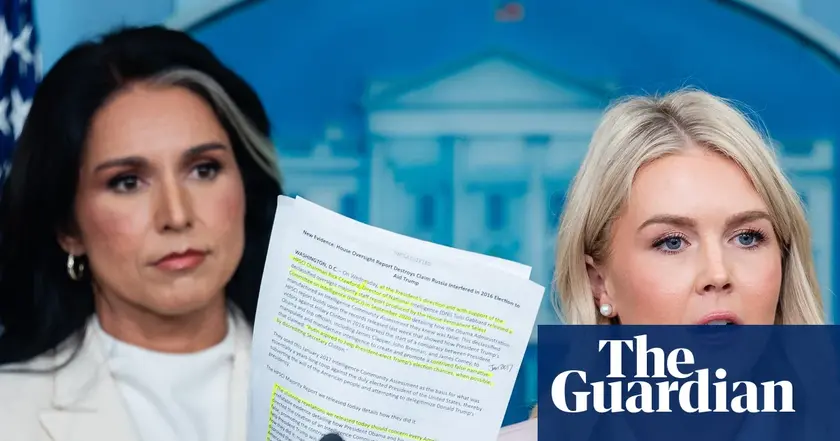
Justice Department investigates Obama over election claims

Freud Museum faces calls for investigation into board misconduct
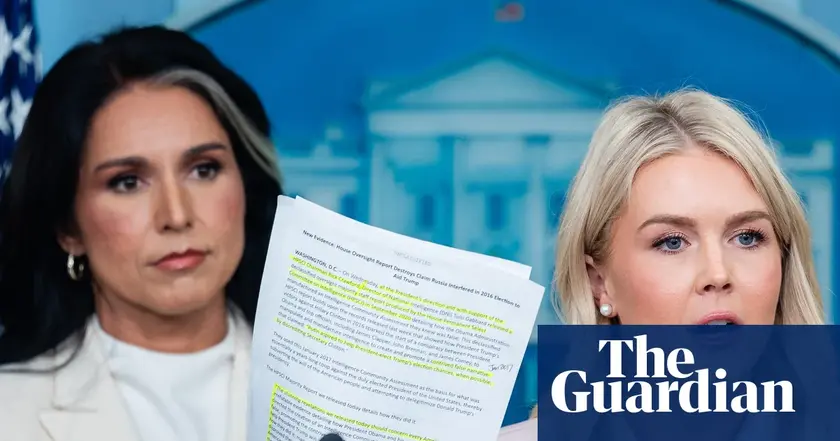
Justice Department forms investigation into Obama

Gabbard releases documents alleging Obama officials conspired on Russia
